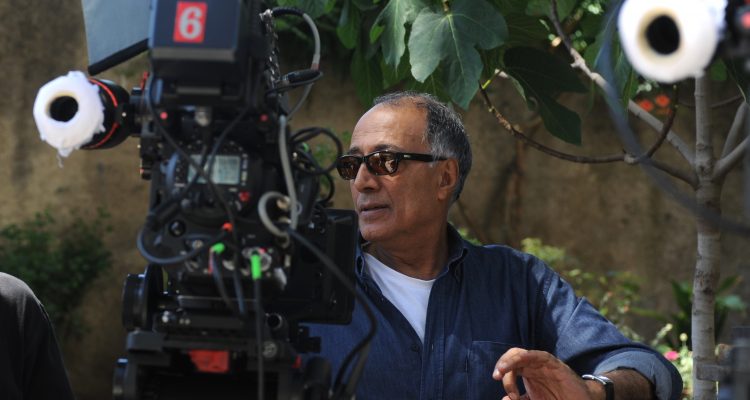 “Certified Copy” (2010)
“Certified Copy” (2010)
With Kiarostami finding life increasingly difficult in Iran (his films haven’t been shown there in a decade, and his friend Jafar Panahi receiving a disgraceful six-year prison sentence), it was only a matter of time before he started to look outside Iran for subject matter, and, following a contribution to the portmanteau picture “Tickets,” it came in last year’s Cannes debut of the excellent “Certified Copy.” Casting international star Juliette Binoche, a long time friend of Kiarostami, who also appeared in his experimental film “Shirin,” was bound to raise the film’s profile, and it’s the director’s most accessible film by about a million miles — if you’re unfamiliar with his work, this is really where you should start. A swooning romance, sort of, pairing Binoche with British opera singer William Shimell (in a role once linked to Robert De Niro, believe it or not), it’s as moving and adult a depiction of a relationship as we’ve seen in a long time, while still remaining identifiably Kiarostami. While it’s perhaps slighter than the very best of his Iranian work, it suggests that the 70-year-old filmmaker still has some surprises in store. [A-]
Odds & Ends: Kiarostami has a body of work stretching back to the early 1970s, most notably his early feature, “Gozaresh,” which sadly no one on staff was able to track down — as far as we can tell, it’s never received a formal release in the U.S. or U.K. We hope we do soon, though, particularly because it stars Shoreh Aghdashloo, who a quarter-century later would be nominated for an Oscar for her role in “House of Sand and Fog.” It was followed by a series of shorts in the 1980s, while his 1989 documentary “Homework” in particular is well-regarded by those that have seen it.
A true film fan, Kiarostami’s also collaborated on the portmanteau pictures “Lumiere and Company” and “Tickets,” the latter with Ken Loach and Ermanno Olmi — Kiarostami’s segment being, to our eyes, the strongest of the three. He’s also continued to work in documentary both traditional — the moving, powerful “ABC Africa” — and highly experimental — the Ozu-influenced “Five,” the autobiographical “10 on Ten” and “The Roads of Kiarostami.” His features can verge on the experimental as well — 2008’s “Shirin” focuses entirely on the faces of the women watching a theatre performance of a famous Persian poem, and is thoroughly fascinating, if something of a slog to even the most dedicated fan.
–Christopher Bell, Oliver Lyttelton

